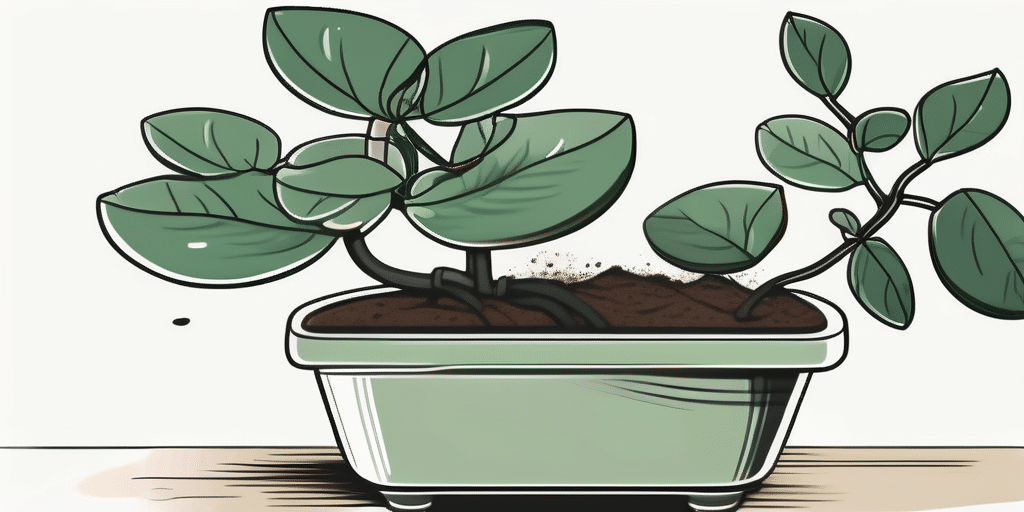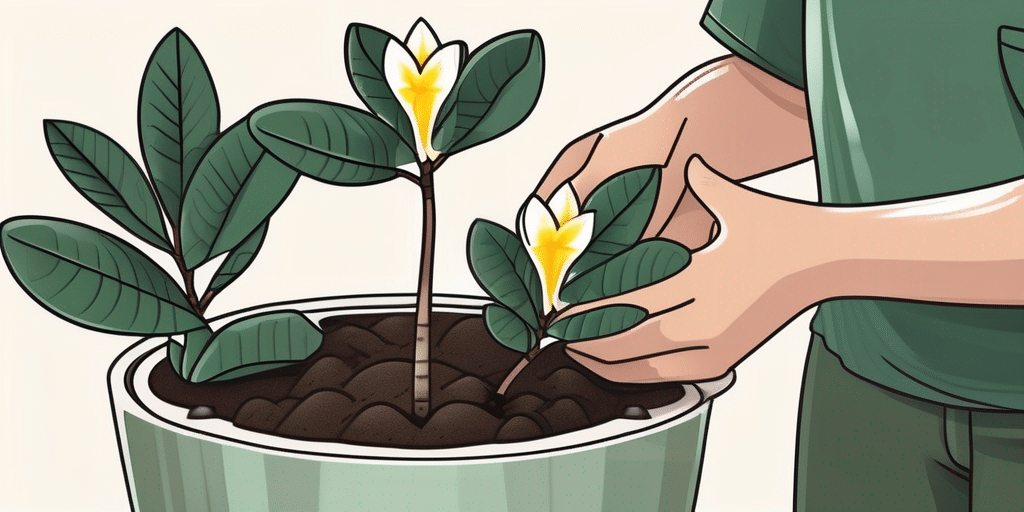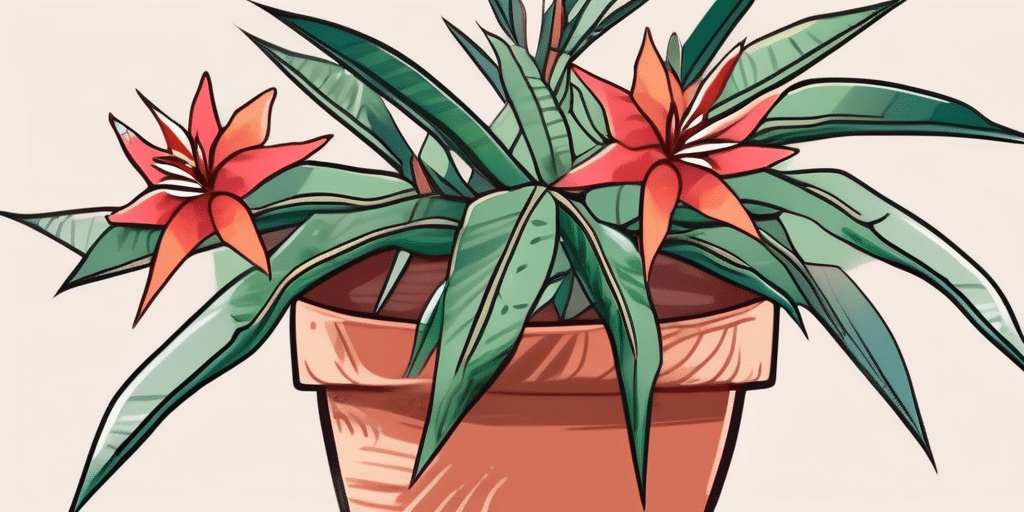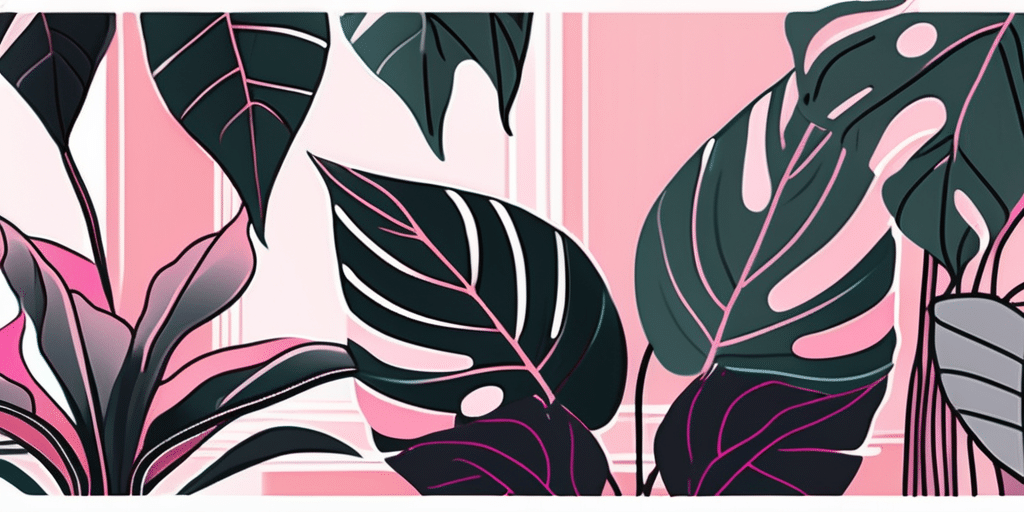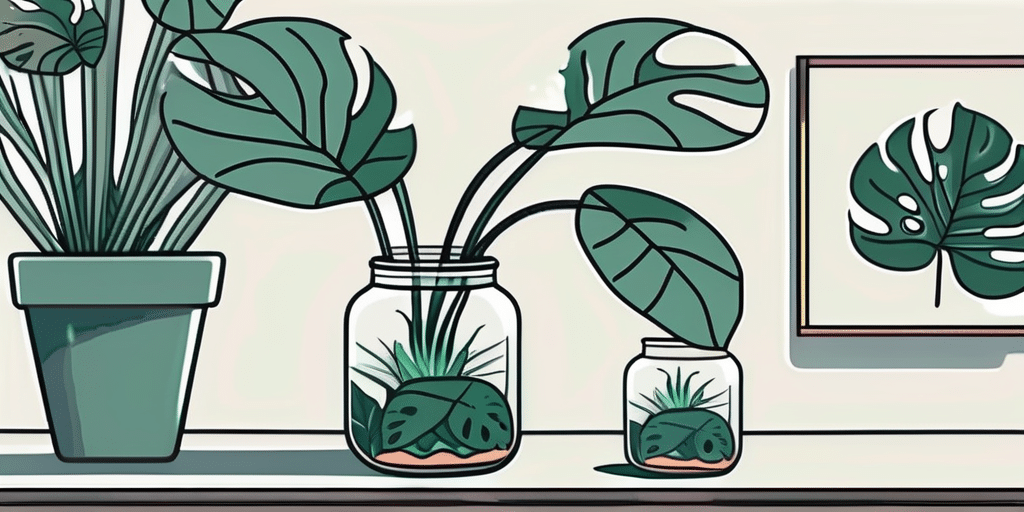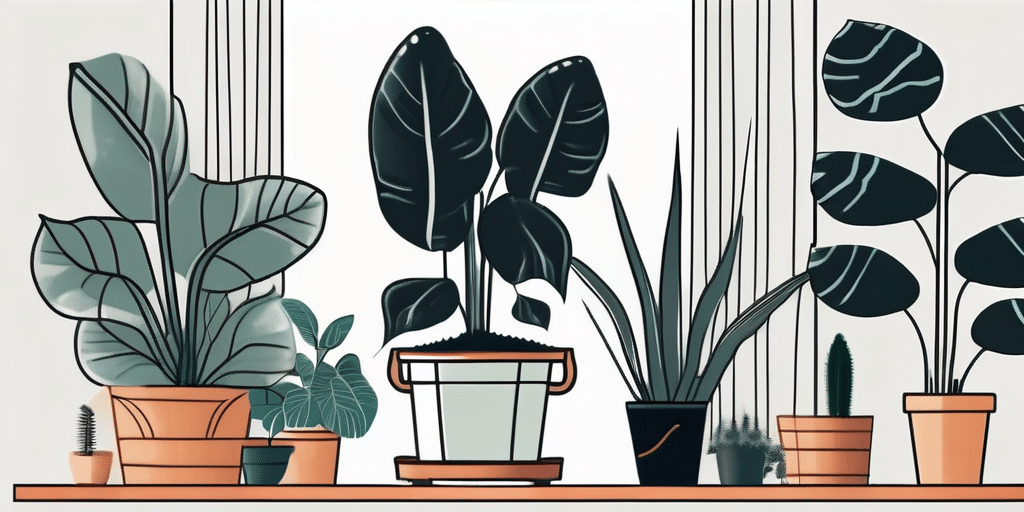Known for its healing properties and easy maintenance, the aloe plant is a popular choice for indoor and outdoor gardeners alike. However, to ensure your aloe plant thrives, it’s essential to understand the basics of aloe plant care. This guide will cover everything you need to know, from watering and sunlight requirements to common problems and their solutions.
The Basics of Aloe Plant Care
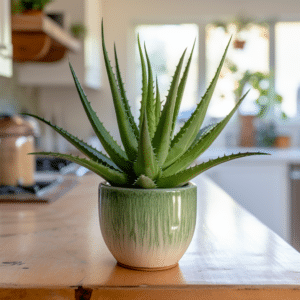
Watering Your Aloe Plant
One of the most critical aspects of aloe plant care is proper watering. Aloe plants are succulents, meaning they store water in their leaves. Because of this, they are highly susceptible to overwatering, which can lead to root rot and other problems.
As a general rule, you should allow the soil to completely dry out between waterings. This usually means watering your aloe plant once every two to three weeks, but the exact frequency will depend on the conditions in your home or garden.
Sunlight Requirements
Aloe plants love sunlight and should be placed in a location that receives plenty of bright, indirect light. However, they can also tolerate some direct sunlight, especially in the morning. Too much direct sunlight, particularly in the afternoon, can cause the leaves to turn brown and dry out.
If you’re growing your aloe plant indoors, a south or west-facing window is usually the best location. If this isn’t possible, you can supplement natural light with a grow light.
Common Problems and Solutions
Overwatering and Root Rot
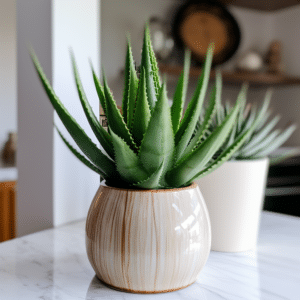
As mentioned earlier, overwatering is a common problem when it comes to aloe plant care. If your aloe plant’s leaves are turning yellow or brown, or if they’re becoming soft and mushy, it’s likely that you’re watering too much.
The best solution is to let the soil dry out completely before watering again. If the problem persists, you may need to repot your aloe plant in fresh, well-draining soil.
Pest Infestations
Aloe plants can occasionally be affected by pests such as mealybugs and scale insects. These pests can cause damage to the leaves and overall health of the plant. If you notice small, cotton-like spots on your aloe plant, it’s likely that you have a pest infestation.
The best way to deal with these pests is by wiping the leaves with a cloth soaked in a solution of water and mild dish soap. For severe infestations, you may need to use an insecticidal soap or neem oil.
Propagating Your Aloe Plant
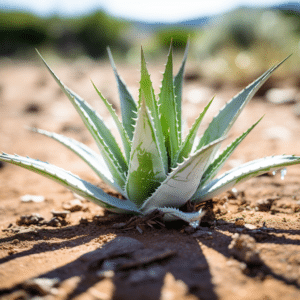
Using Offsets
One of the joys of aloe plant care is the opportunity to propagate your plant. Aloe plants naturally produce offsets, also known as “pups,” which can be separated from the mother plant and grown on their own.
To propagate your aloe plant, wait until the pup is a few inches tall and then carefully remove it from the soil. Allow the pup to dry out for a day or two to allow a callus to form over the cut surface, then plant it in a pot with well-draining soil.
Using Leaf Cuttings
While using offsets is the most common method of propagation, it’s also possible to propagate aloe plants from leaf cuttings. To do this, cut a leaf from the plant and allow it to dry out for a few days. Then, plant the leaf in a pot with well-draining soil, cut side down.
Keep in mind that this method is less reliable than using offsets, and not all leaf cuttings will successfully root and grow into a new plant.
Conclusion
With the right care, aloe plants can thrive and become a beautiful addition to your home or garden. Remember to water sparingly, provide plenty of light, and keep an eye out for common problems. With a little patience and attention, you’ll be rewarded with a healthy, thriving aloe plant.
Whether you’re a seasoned gardener or a beginner, aloe plant care is a rewarding endeavor. So why not give it a try? With this comprehensive guide, you’re well-equipped to start your journey into the world of aloe plant care.
